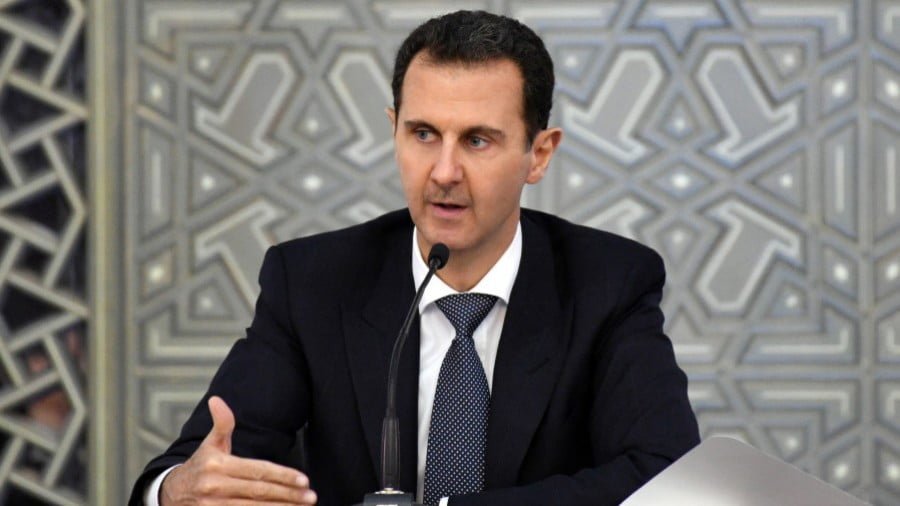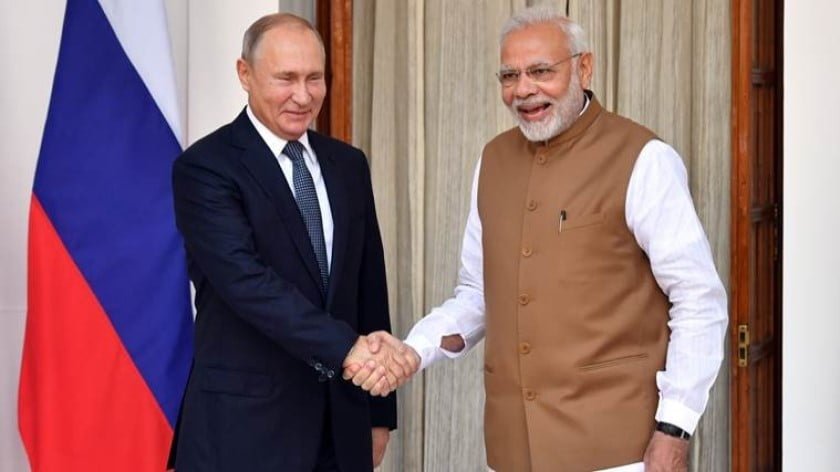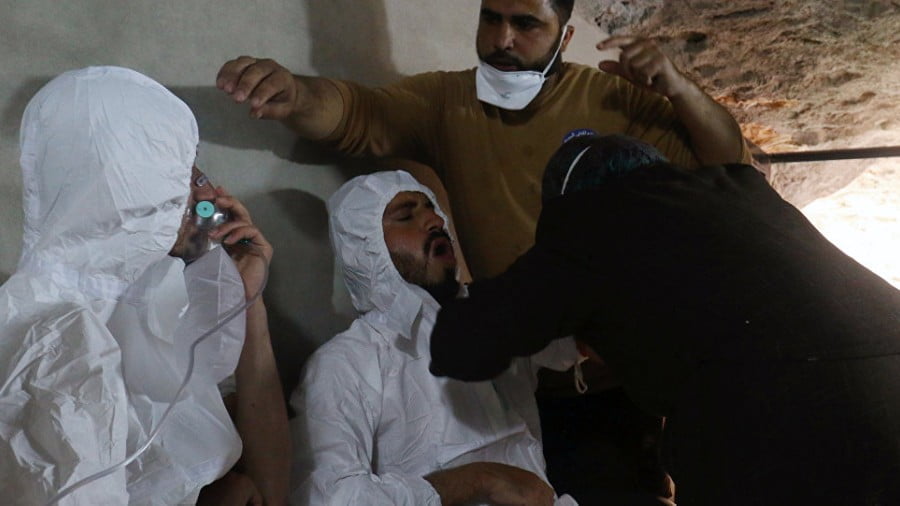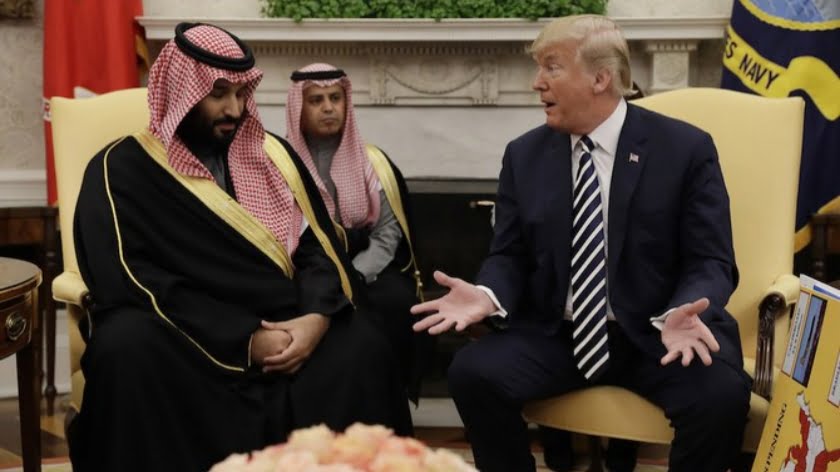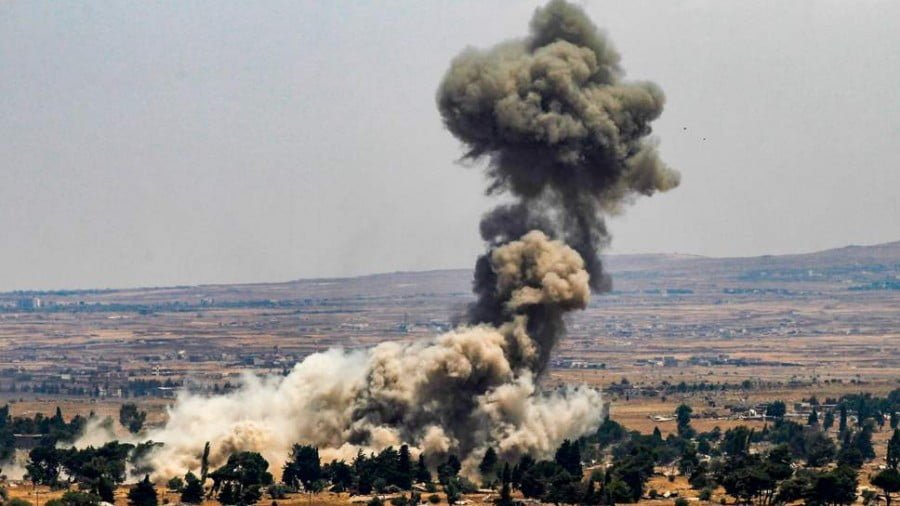Is Damascus Getting Ready to Cut a Deal with the Kurds?
Damascus reportedly reached two pragmatic deals with so-called “rebel” groups in the northeast.
Sputnik reported that the legitimate Syrian government receives one-third of all the revenue from the al-Rmeilan and Jabsah oilfields, while the Kurdish-run Rudaw said that the state had agreed to jointly run the Tabqa dam with the “Syrian Democratic Forces” (SDF). Both agreements concern the Kurds though apparently in different capacities, with the scant details about the oil one suggesting a direct Kurdish-Damascus deal while the second-mentioned one is more multilateral because of the involvement of the SDF coalition. Taken together and looking beyond the maximalist rhetoric still being spread by the Syrian authorities and their surrogates for domestic political reasons and overall “Resistance” morale, Damascus is evidently content with reaching pragmatic de-facto deals with the same organization that it previously pledged to dislodge from the northeast.
This in and of itself indicates that President Assad’s promise to liberate “every inch” of Syria might end up being a lot less dramatic than many people expected because it’s looking ever less likely that the Syrian Arab Army (SAA) will breach the so-called “deconfliction line” along the Euphrates by launching a full-scale military offensive in this undeclared “de-escalation zone” like it recently did in the official one around Daraa. That doesn’t mean that liberating this agriculturally and energy-rich region isn’t still the government’s goal, but just that it might be done through diplomatic means instead as part of a possible US-Russian deal and facilitated by Moscow’s mediating efforts with the Kurds.
In exchange for a more robust revenue-sharing agreement when it comes to natural resources and a broadening of joint infrastructure management all throughout the northeast, Damascus might agree to recognize the self-declared and Kurdish-run so-called “federation” after realizing that it has no realistic hopes of ever militarily controlling it so long as this entity remains a US protectorate. Although this would be a reversal of the government’s previous position, it could be presented as the only peaceful solution to this stalemate and a brave decision on the authorities’ behalf to inject a fresh impetus into the interconnected constitutional reform and peace processes. Framing this move in such a way could even earn Damascus international praise from the West and inch it closer to possible sanctions relief if a comprehensive deal is struck for ending the war.

